Just as rust produced by iron corrodes iron, so is the violator of moral law destroyed by his own wrong action

Just as rust produced by iron corrodes iron, so is the violator of moral law destroyed by his own wrong action
Thich Nhat Hanh, a renowned Vietnamese Buddhist monk and peace activist, often speaks about the interconnectedness of all beings and the consequences of our actions. In his teachings, he emphasizes the importance of living in harmony with ourselves, others, and the world around us. One of the key principles he discusses is the idea that just as rust produced by iron corrodes iron, so is the violator of moral law destroyed by his own wrong action.This concept can be understood in a variety of ways, but at its core, it speaks to the idea that our actions have consequences, both for ourselves and for others. When we act in ways that are harmful or unethical, we create negative energy that can ultimately come back to harm us. This is not a punishment imposed by some external force, but rather a natural result of the interconnectedness of all things.
Thich Nhat Hanh often uses the metaphor of rust on iron to illustrate this point. When iron is exposed to oxygen and moisture, it begins to rust and corrode. This process weakens the iron and eventually leads to its destruction. In the same way, when we violate moral laws or act in ways that are harmful to ourselves or others, we create a kind of spiritual rust that eats away at our own well-being.
This idea is not meant to instill fear or guilt, but rather to encourage mindfulness and compassion in our actions. By being aware of the consequences of our actions and striving to act in ways that are in alignment with moral law, we can avoid creating negative energy that will ultimately harm us. Thich Nhat Hanh teaches that by cultivating mindfulness, compassion, and ethical behavior, we can create a more peaceful and harmonious world for ourselves and others.
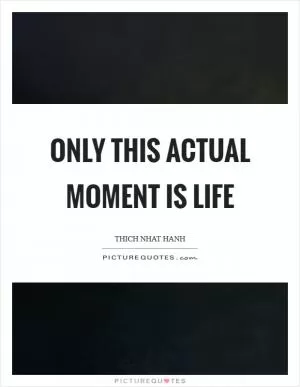
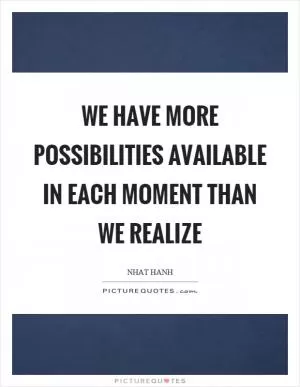
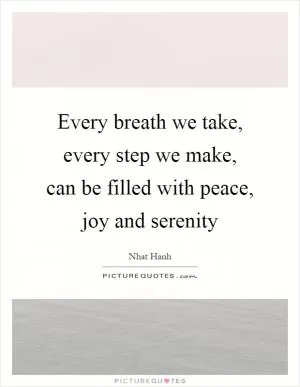
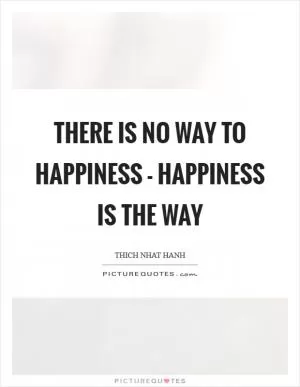

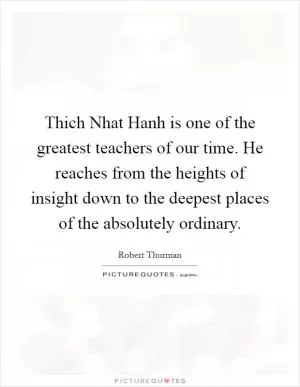
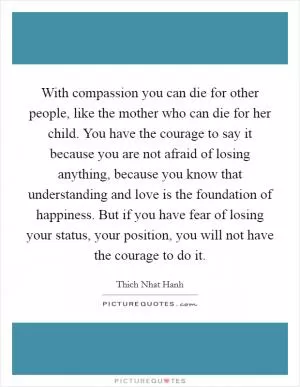
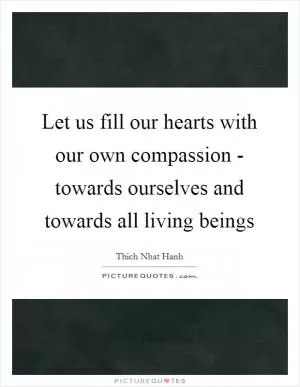
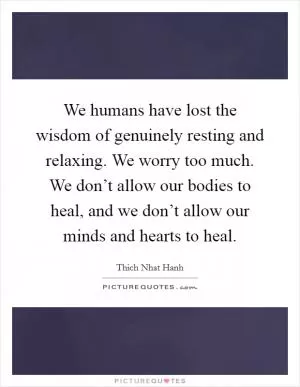
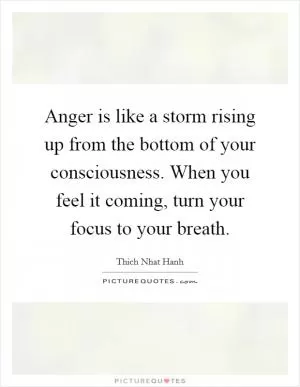

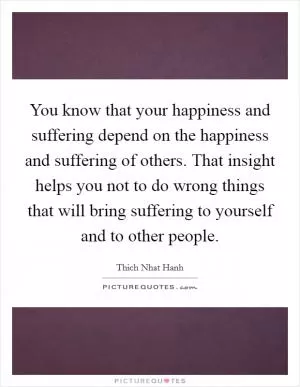
 Friendship Quotes
Friendship Quotes Love Quotes
Love Quotes Life Quotes
Life Quotes Funny Quotes
Funny Quotes Motivational Quotes
Motivational Quotes Inspirational Quotes
Inspirational Quotes